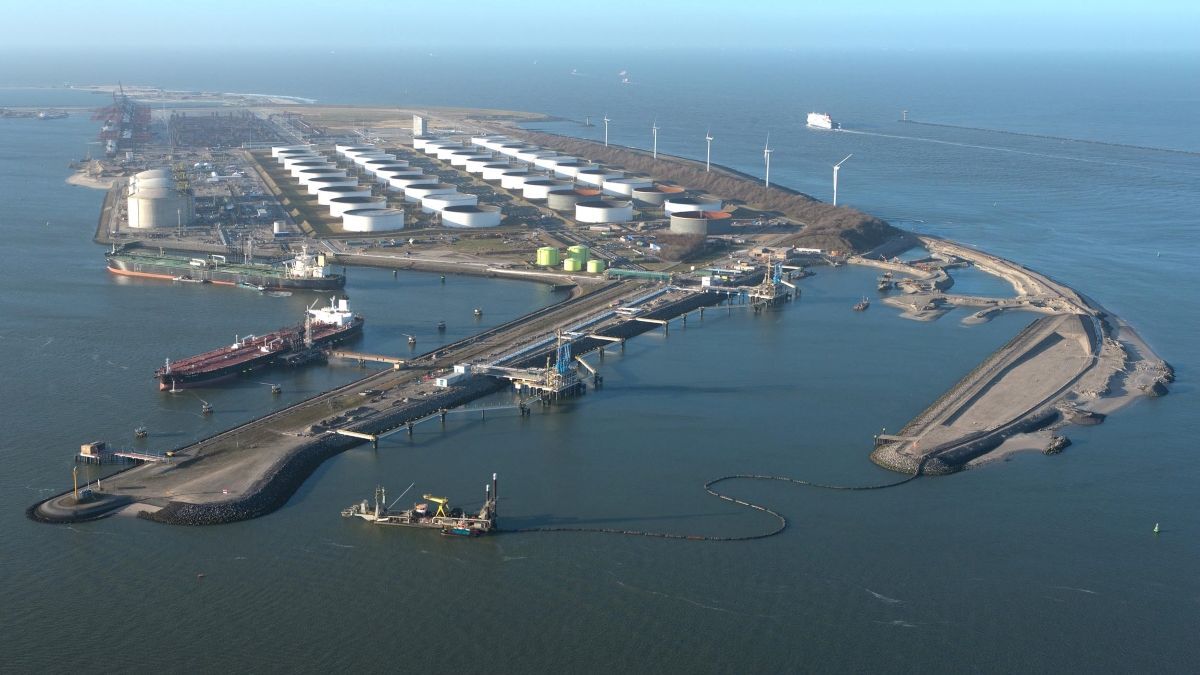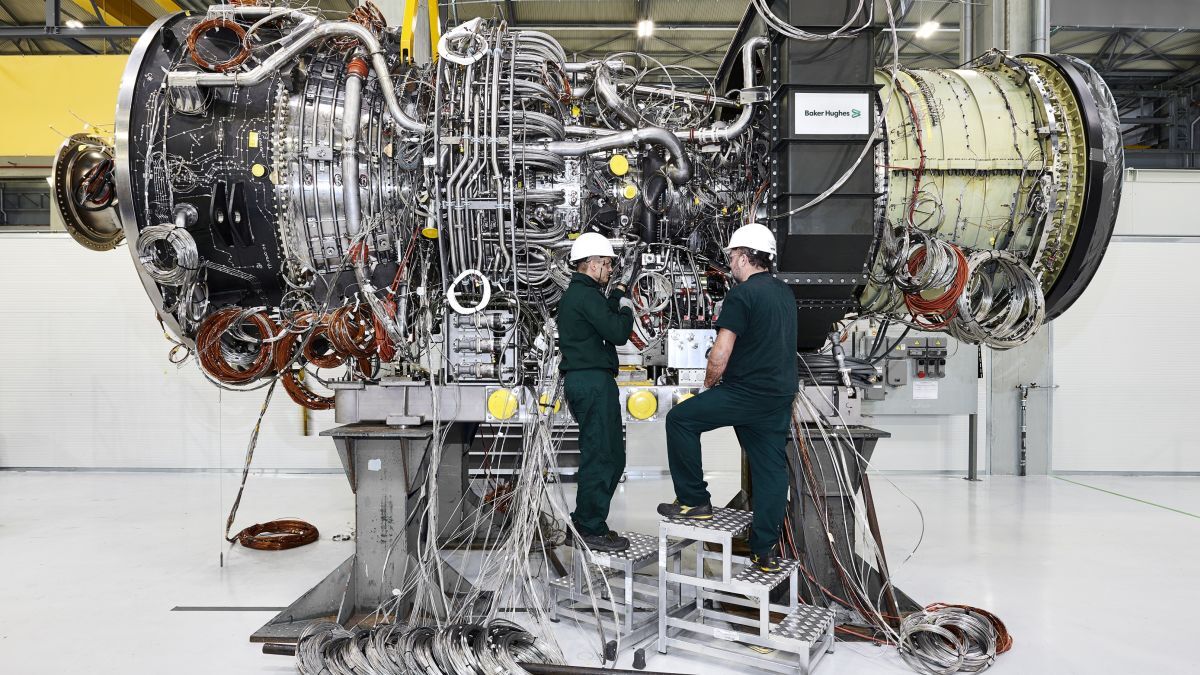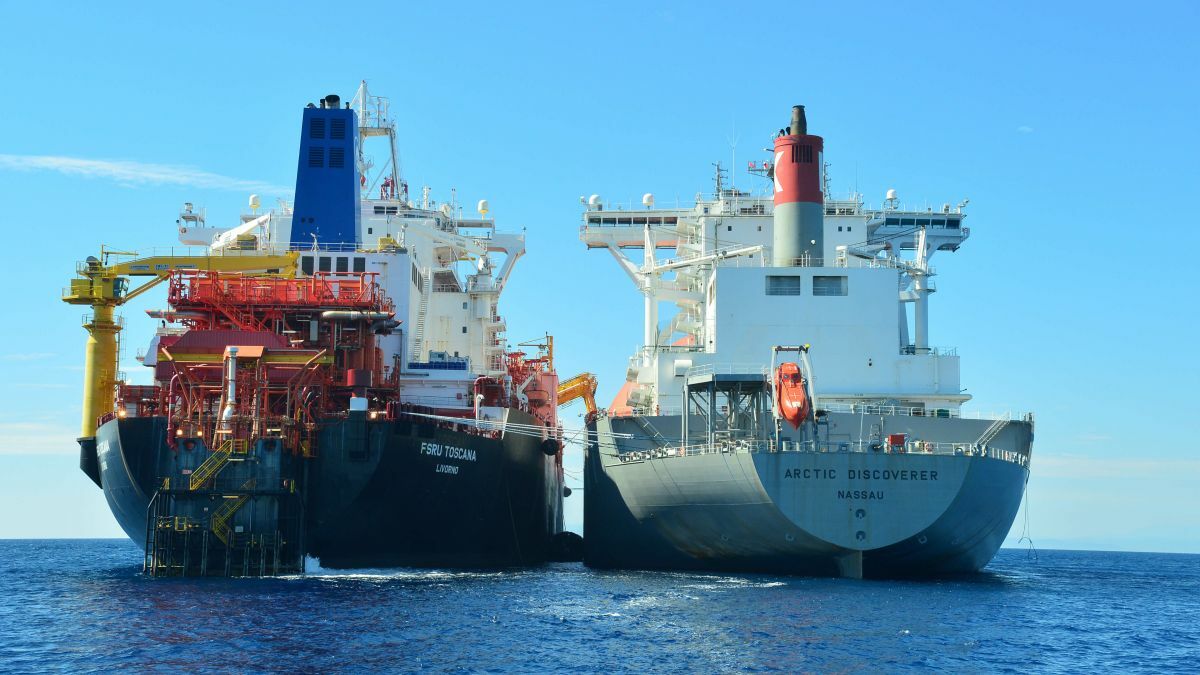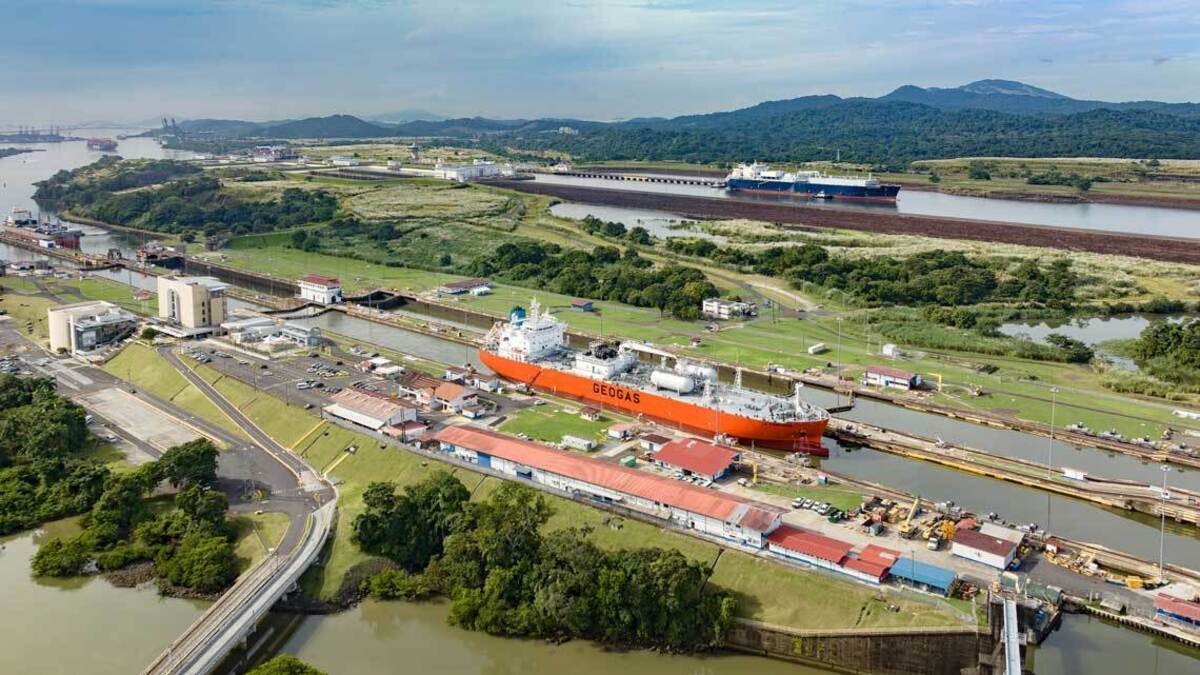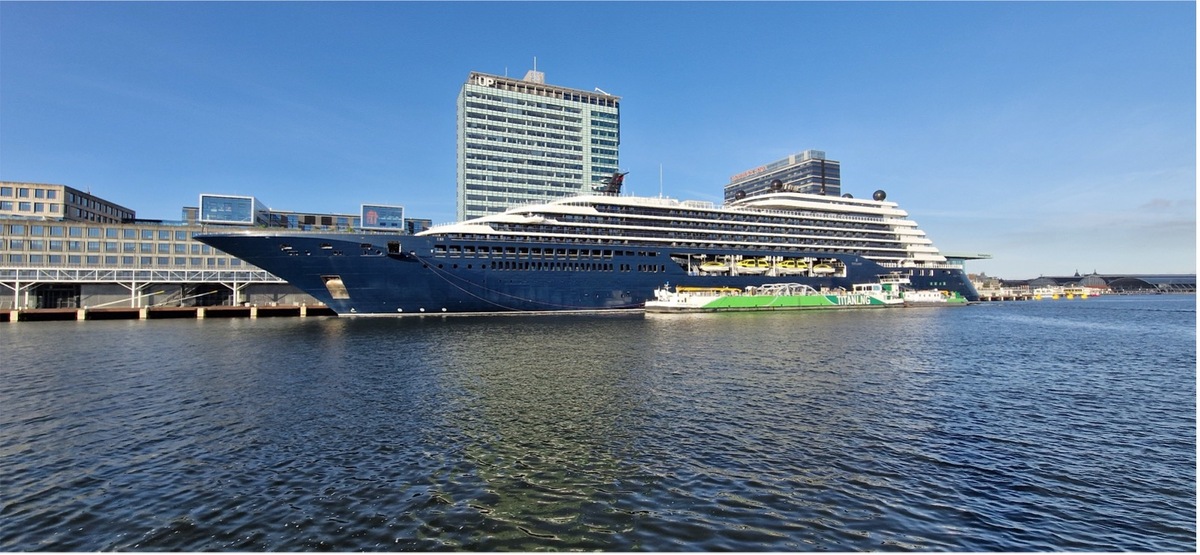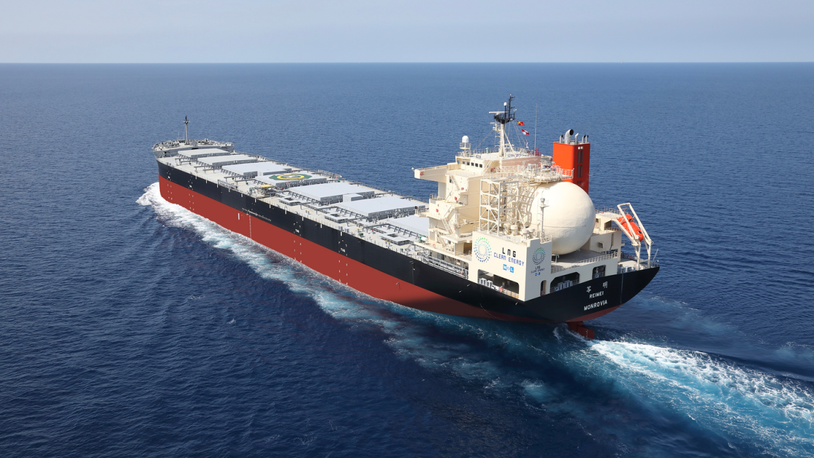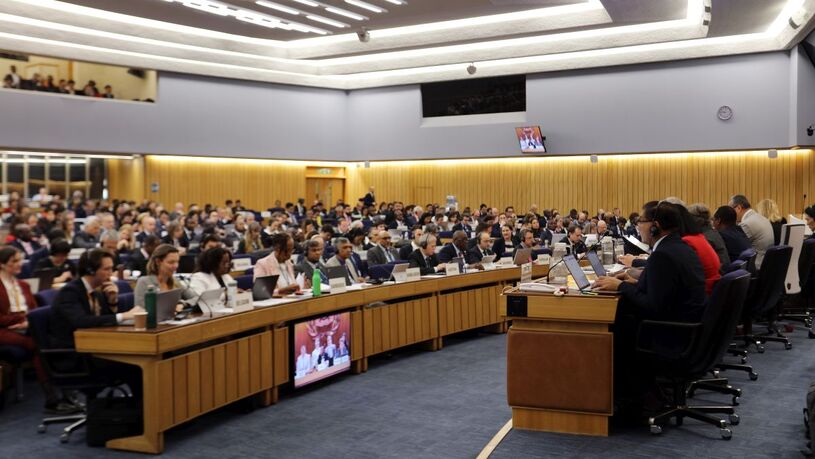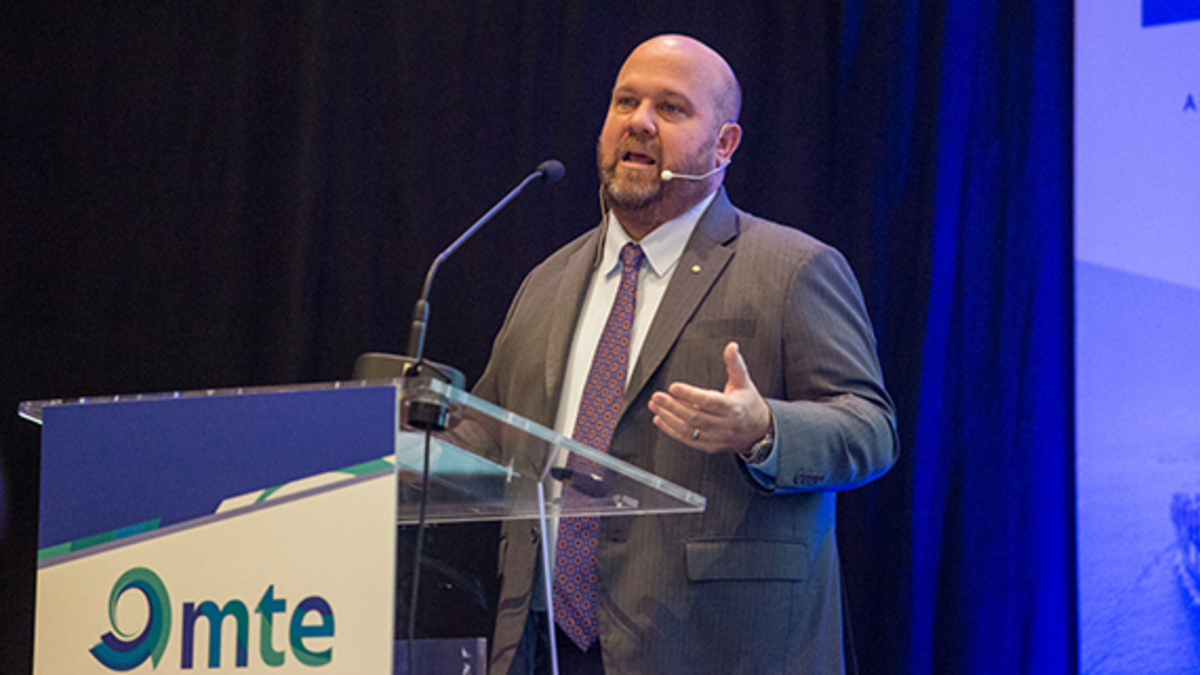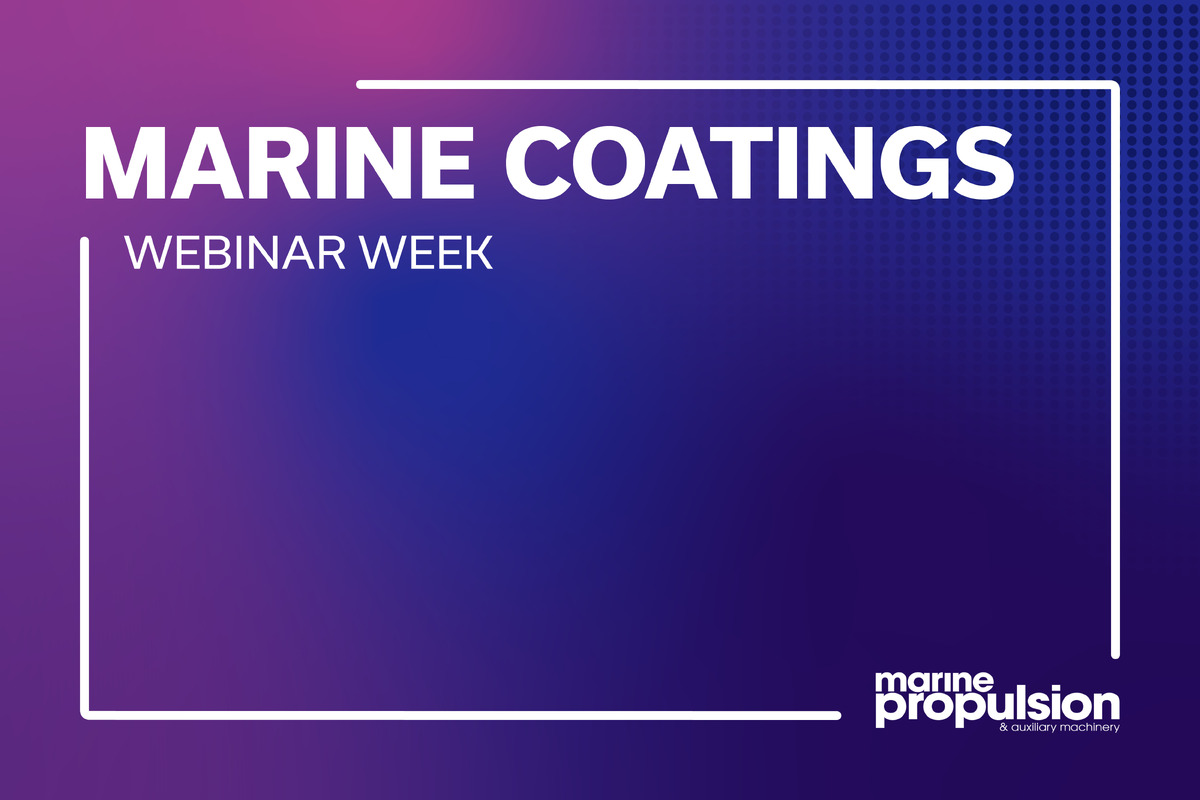Business Sectors
Contents
Economists, researchers, analysts form global initiative to steer maritime past LNG
Maritime Beyond Methane (MARBEM) says LNG and "misaligned solutions, such as e-methane/e-LNG and biomethane/bio-LNG" risk locking shipping into long-term dependence on polluting methane-based fuels
A new initiative, Maritime Beyond Methane (MARBEM), is trying to influence the shipping sector to move away from what the group sees as the ’dominance’ of LNG in newbuild vessels that could slow the shipping sector’s attempt to decarbonise its operations.
The need to avoid further use of the fossil fuel, liquefied natural gas (LNG) is ’urgent’, according to MARBEM.
"Methane, a greenhouse gas 82 times more potent than CO2 in the short term, is the primary component in LNG. Methane emissions from LNG-fuelled ships rose 180% between 2016 and 2023, underscoring the urgent need for informed action," the group said.
According to MARBEM, there were an estimated 247,000 tonnes of methane emissions in 2023 from shipping’s global LNG-fueled fleet. These emissions, they claim, translated to nearly US$950M in annual climate damages — a near-fourfold increase from 2016, when the estimates stood at around US$250M.
The figures incorporate damages and deaths from the effects of ground-level ozone, a critical pollutant formed by methane, and, while significant, the group said it does not fully represent the impact of the pollution.
"This figure still understates total harm by excluding other greenhouse gases such as carbon dioxide and nitrogen oxides, localised air quality, and non-fatal health outcomes such as asthma and hospitalisations," MARBEM said.
In its research, MARBEM said it used the US EPA’s Social Cost of Methane, a monetary benchmark of the human and environmental impacts of methane-based pollution that the group said is consistent with internationally recognised values.
The group said it aims to provide independent, evidence-based data "that enables and encourages the sector to make tangible commitments towards future-ready shipping solutions".
The newly formed initiative said it is working with policy experts, financial analysts, economists and research institutions to target uptake of fuels in the maritime sector that are lower in greenhouse gas emissions and other dangerous pollutants than the methane-based LNG.
With partners in 13 countries, focused on the LNG supply chain, including fossil, bio- and e-LNG, MARBEM said it aims to "clarify regulations, technologies, and analyse the trends influencing maritime decarbonisation".
"LNG continues to dominate ship engine uptake, with LNG-dual fuel vessels accounting for 55% of the current orderbook. If this trend continues, fossil gas could supply more than 10% of the energy used by the global maritime fleet by 2030. At the same time, misaligned solutions, such as e-methane/e-LNG and biomethane/bio-LNG, further risk locking the sector into long-term dependence on methane-based fuels, creating a barrier to the transition to a sustainable, zero-emission future," the group said.
With major decisions coming up at shipping’s United Nations-based regulator the International Maritime Organization and within the European Union on the substance of plans for the shipping sector to reach net zero greenhouse gas emissions around 2050, MARBEM said it would be working directly to influence regulators.
"In the months ahead, Maritime Beyond Methane will actively engage with the IMO, and with EU regulators through the FuelEU negotiations, to inform decisions in line with global climate ambition, supporting the advancement of regulatory frameworks that use informed decision-making that keeps the shipping sector on track towards a just, net-zero emissions future," MARBEM said.
"The shipping sector is nearing a critical juncture to be able to move the dial on getting off LNG, and avoiding any alternative that enables locking-in methane and going farther down a pathway where monetary penalties, costly retrofits and early abandonment of vessels will get more severe with the continued use of methane-based fuels that have no real impact on decarbonising shipping and addressing the climate crisis."
Riviera’s LNG Shipping & Terminals Conference will be held in London on 21-22 October 2025. Use this link to register your interest and attend the event.
Related to this Story
Events
LNG Shipping & Terminals Conference 2025
Vessel Optimisation Webinar Week
Marine Coatings Webinar Week
© 2024 Riviera Maritime Media Ltd.


